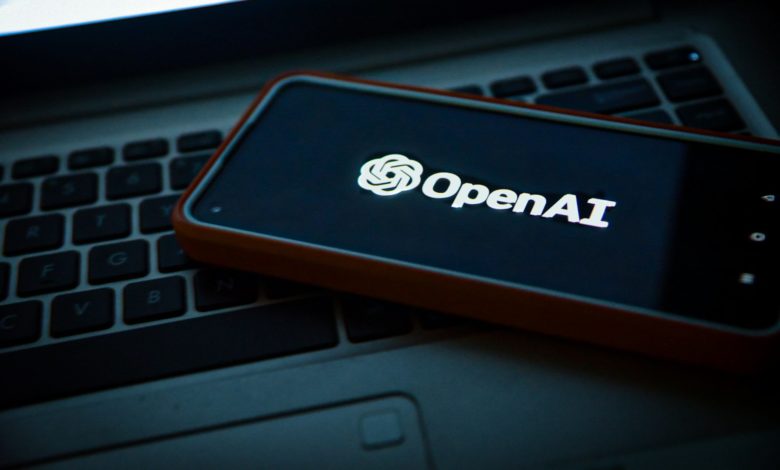Revolutionizing Productivity: OpenAI’s ChatGPT Agent Takes Over User Tasks

OpenAI has just debuted a major update to its ChatGPT platform with the unveiling of a new general-purpose AI agent. This tool is designed to handle a wide variety of tasks, going beyond just answering questions to performing actual actions for users. From managing calendars to generating editable presentations, the ChatGPT agent can provide more comprehensive, hands-off assistance, making it a significant step forward in AI productivity tools.
Key Capabilities of the ChatGPT Agent
The ChatGPT agent combines multiple existing tools from OpenAI’s previous offerings, such as Operator, which could interact with websites, and Deep Research, which synthesized information from multiple sources into concise reports. By allowing users to simply prompt ChatGPT in natural language, the agent can execute tasks like creating documents, navigating apps, running code, and even integrating with other services like Gmail and GitHub.
The versatility of the tool sets it apart from earlier versions of AI assistants. OpenAI emphasizes that this new agent can function as a true assistant, offloading complex, time-consuming tasks that users would otherwise handle themselves. ChatGPT agent is accessible to users on OpenAI’s Pro, Plus, and Team subscription plans, with activation available through a straightforward "agent mode" in the ChatGPT interface.
Enhanced Performance and Integration with External Apps
One of the most significant improvements in the ChatGPT agent is its ability to seamlessly connect to external apps and services. With connectors to apps like Gmail and GitHub, users can expect the agent to pull relevant data directly into their tasks. Additionally, the agent has access to a terminal, enabling it to run code and use APIs to interact with specific applications, further extending its capabilities.
OpenAI claims that the model underlying ChatGPT agent offers state-of-the-art performance, particularly in benchmarking tests. On the Humanity’s Last Exam, a notoriously challenging test, ChatGPT agent scored 41.6%, nearly double the previous best from OpenAI's o3 and o4-mini models. In the FrontierMath benchmark, designed to test AI’s mathematical capabilities, ChatGPT agent achieved a 27.4% score with tool access, compared to just 6.3% from its predecessors. These results demonstrate significant advancements in AI's ability to handle complex, specialized tasks.
Addressing Safety and Limitations
While OpenAI’s progress in AI capabilities is exciting, the company has also acknowledged the potential risks associated with such powerful tools. The introduction of the ChatGPT agent presents new safety concerns, especially as it allows users to access and interact with a wide array of tools and apps. OpenAI has emphasized that it designed the agent with these risks in mind, incorporating safety features to mitigate potential misuse. However, as with any emerging technology, the true scope of its capabilities and limitations will unfold over time.
Looking Ahead
The launch of the ChatGPT agent is a critical milestone in the development of AI-powered productivity tools. If successful, it could be the beginning of a significant shift in how people and businesses interact with technology, moving from simple question-and-answer models to fully integrated, action-oriented AI assistants. As OpenAI continues to refine the agent’s capabilities, the next few months will be key in determining its real-world utility.
Moving forward, it will be interesting to see how OpenAI and other tech companies like Google and Microsoft refine their AI agents. The race to develop truly versatile, safe, and effective AI assistants is on, and with this launch, OpenAI has positioned itself as a frontrunner in the space. With further integrations, performance improvements, and safety measures, the ChatGPT agent could become a key player in AI’s role in everyday tasks and business processes. Investors and developers alike will be watching closely as OpenAI continues to lead the charge in transforming the AI landscape.




